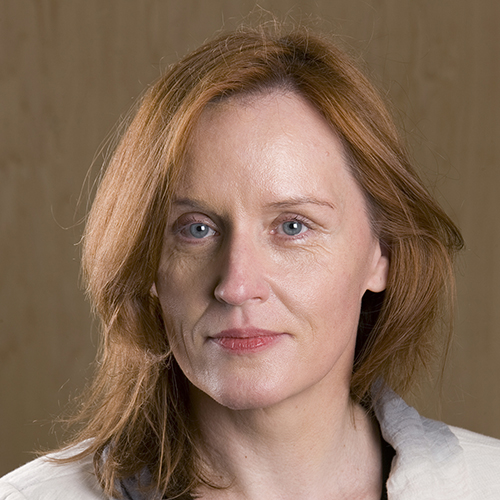21 November 2019

UniSA researchers have been awarded $100,000 to trial new treatments targeting one of the most lethal cancers in Australia – pancreatic cancer – which kills 80 per cent of patients within 12 months.
The Avner Pancreatic Cancer Foundation announced the funding on World Pancreatic Cancer Day (21 November).
A research team led by Eva Bezak, UniSA Professor of Medication Radiation Science, aims to use radioisotopes emitting alpha particles to target and kill pancreatic cancer cells.
Antibodies linked to radioisotopes emitting high energy particles are showing promise as a valuable treatment for a range of cancers, Prof Bezak says.
“This therapy, known as radioimmunotherapy, can target and kill cancer cells whilst sparing most normal cells. By minimising damage to normal cells, the likelihood of side effects from the therapy is reduced, increasing a patient’s quality of life during treatment.”
Current research into radioimmunotherapy in pancreatic cancer is limited. The project team aims to address this by developing a new radioimmunotherapy agent which uses a different radioactive isotope than previously used in pancreatic cancer. The new radioactive isotope also lives longer in the body, allowing the radioimmunotherapy agent more time to target and kill cancer cells.
Professor Bezak says she expects the new agent will be more effective at killing the cancer cells than other previously used radioisotopes, however it needs to be tested and evaluated.
“We will determine the safety and feasibility of a new radioimmunotherapy agent for the treatment of pancreatic cancer and monitor its effectiveness.”
If the radioimmunotherapy agent is shown to be effective in killing cancer cells, Prof Bezak’s team will test the agent in preclinical models of pancreatic cancer.
“We are pleased to award funding to this innovative project.” says Michelle Stewart, CEO of the Avner Pancreatic Cancer Foundation, “We are encouraged by the high calibre of the research and believe that investment into projects like these will help us to increase survival for people diagnosed with pancreatic cancer”.
Head of the Avner Foundation international Independent Advisory Panel, Prof Ross McKinnon from Flinders University, says the 2019 round saw a further dramatic increase in the number of grants considered by the Avner Scientific Advisory Panel.
“The quality of the grants received was clearly the highest yet with remarkable breadth. Most notable was the move of many high-quality cancer groups into the highly challenging pancreatic cancer field.”
This grant is a part of a total $600,000 raised by the Avner Pancreatic Cancer Foundation to be awarded equally to six pancreatic cancer scientists in Australian research institutions.
Pancreatic cancer is one of the most lethal cancers with a current five-year survival rate of just 9.8 per cent, and four out of every five patients diagnosed face a median survival of less than 12 months.“More than 3200 people are diagnosed each year, with the disease claiming virtually the same amount of lives as breast cancer in Australia,” Stewart says.
“Most patients will be diagnosed with late stage, metastatic cancer as the disease is extremely difficult to detect in its early stages and with no distinct early warning signs, pancreatic cancer is a debilitating and shocking disease that remains chronically underfunded.”
Media contact: Candy Gibson office +61 8 8302 0961 mobile: +61 434 605 142 email: candy.gibson@unisa.edu.au


